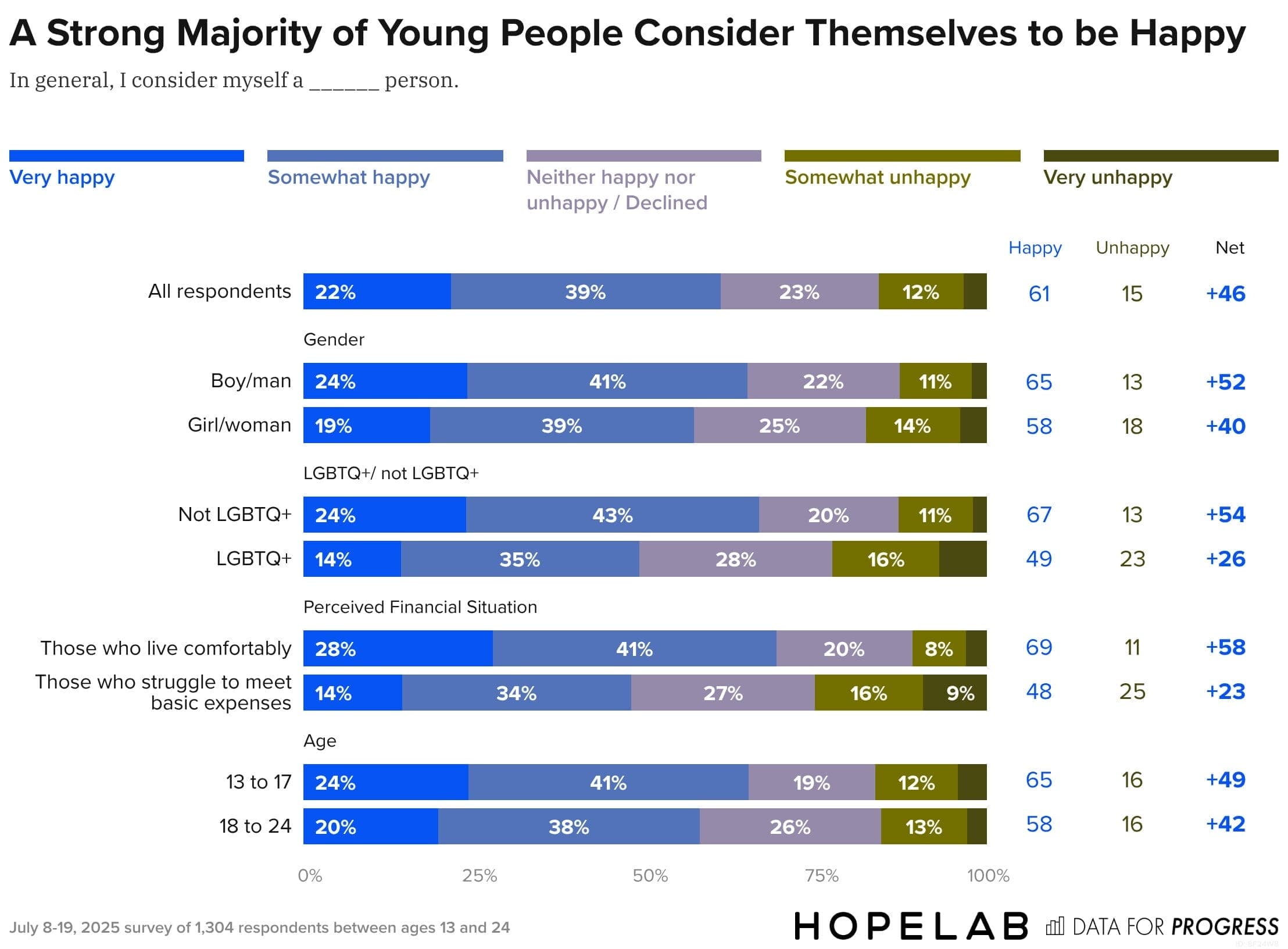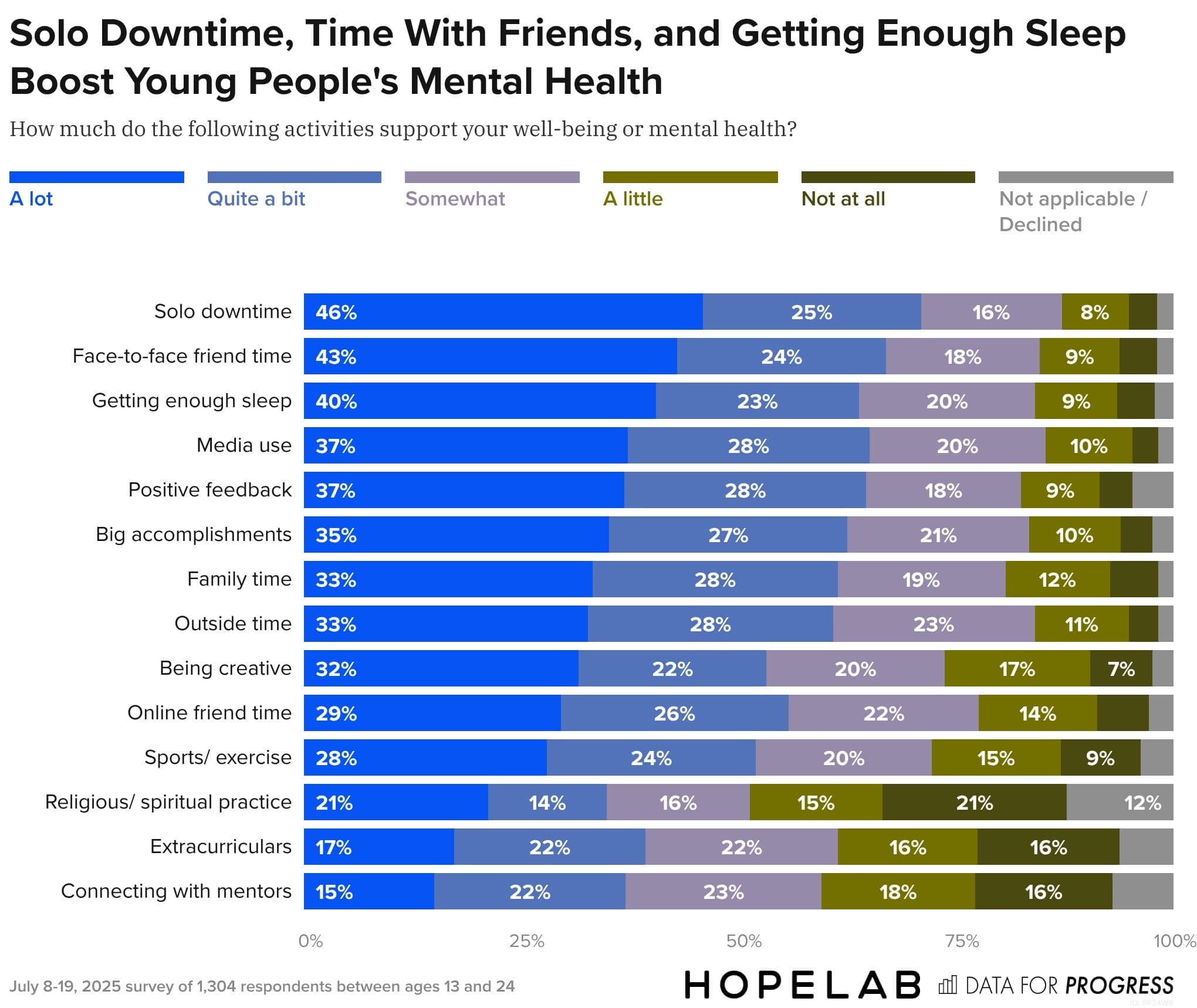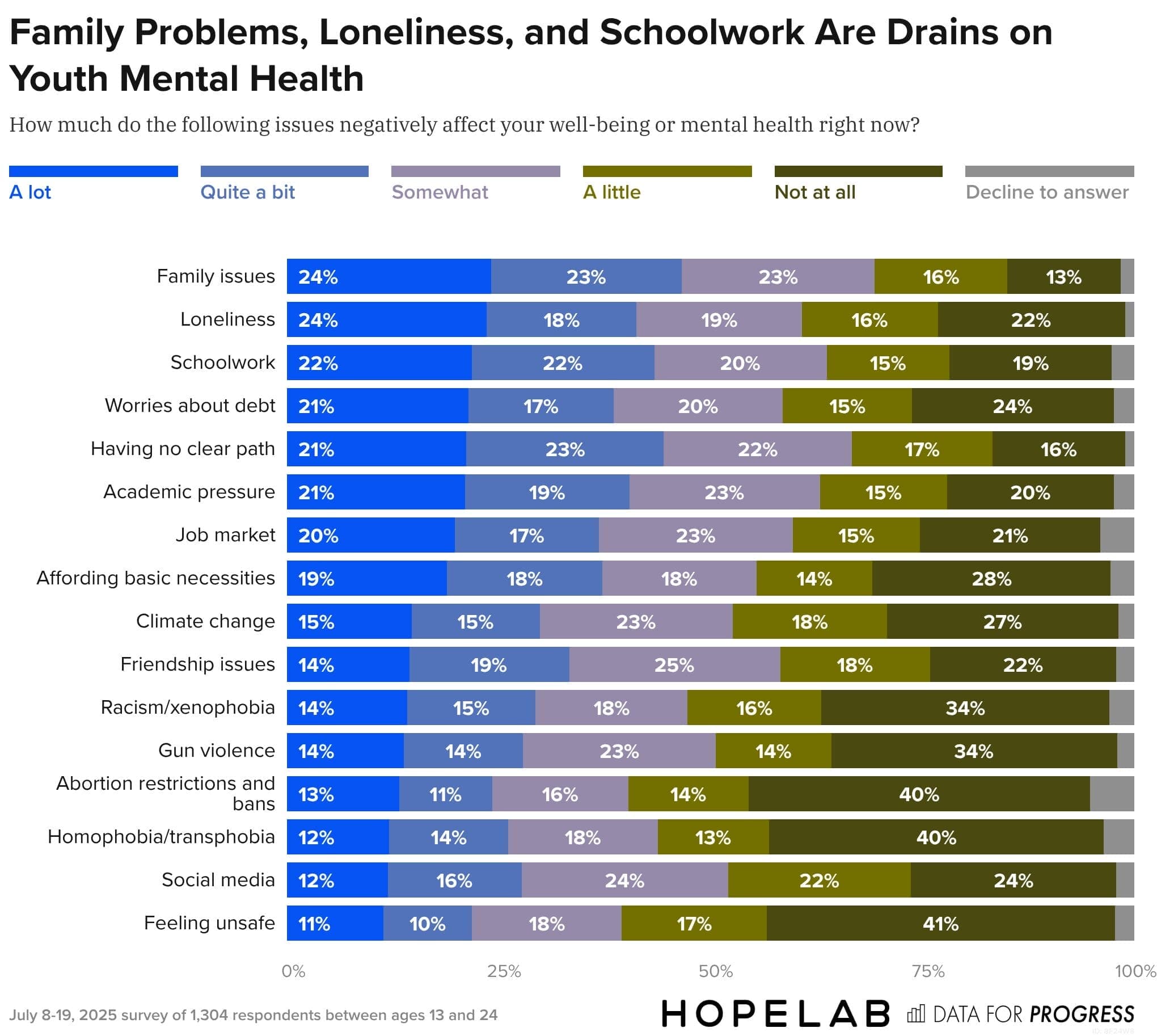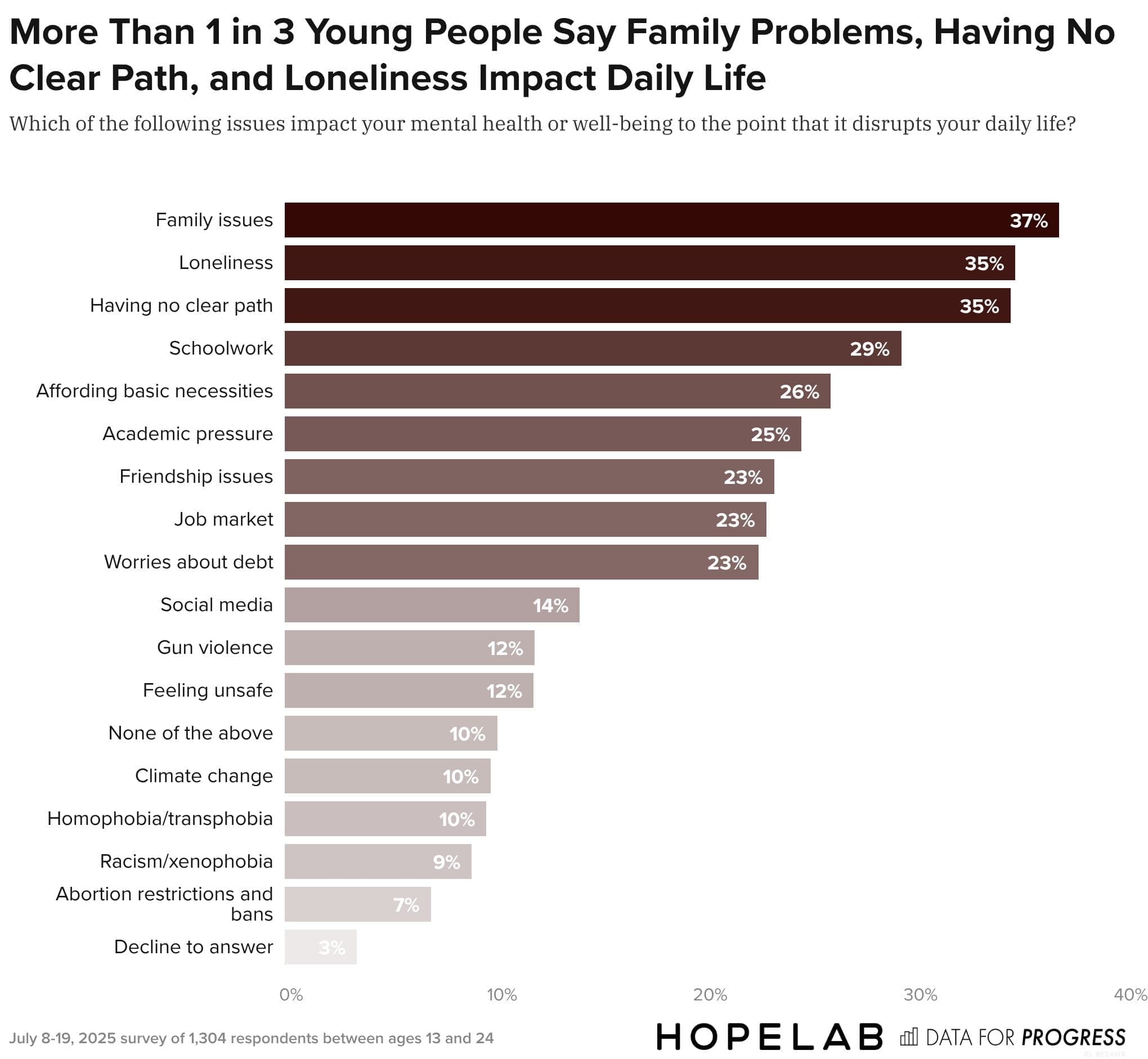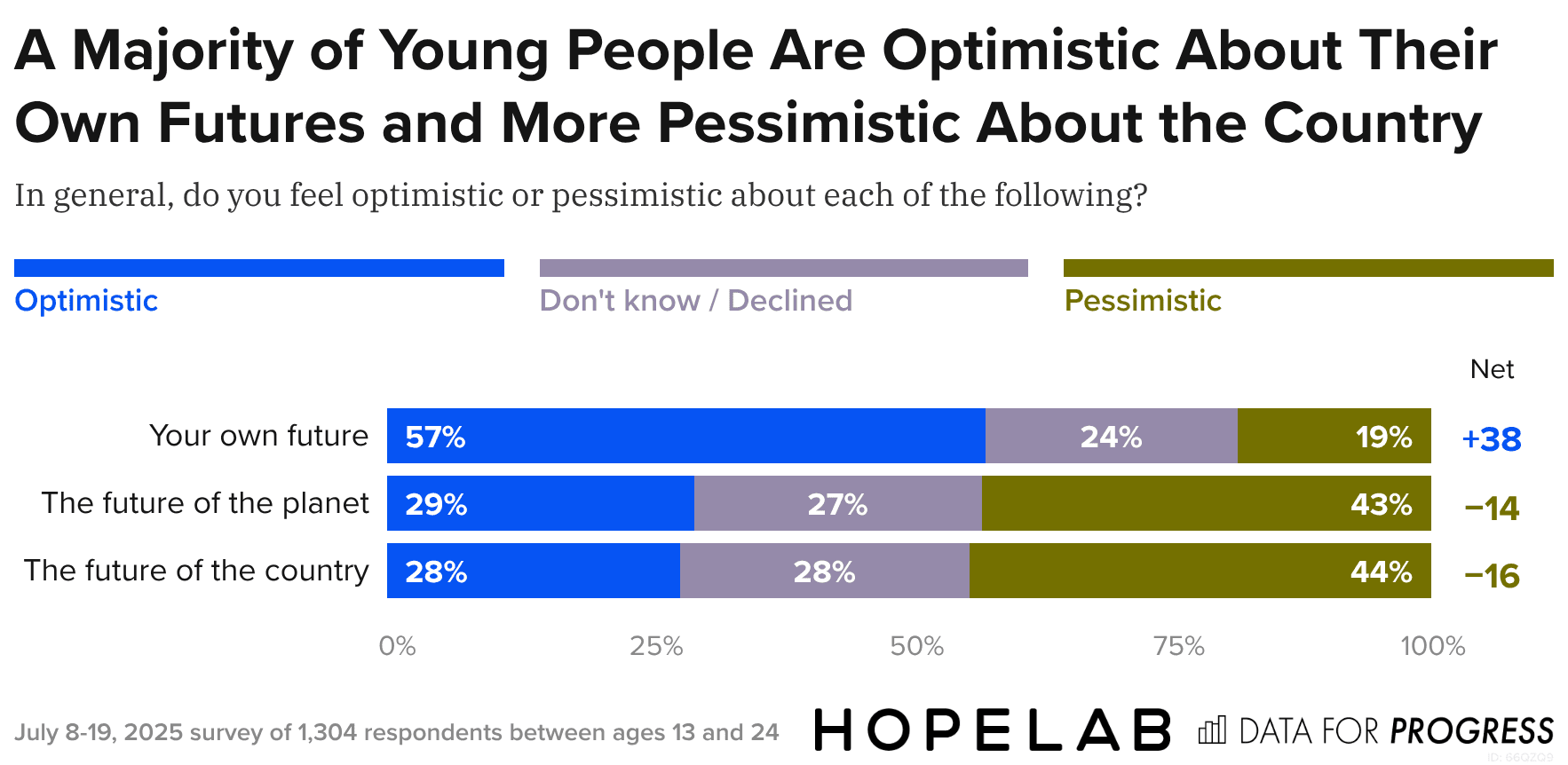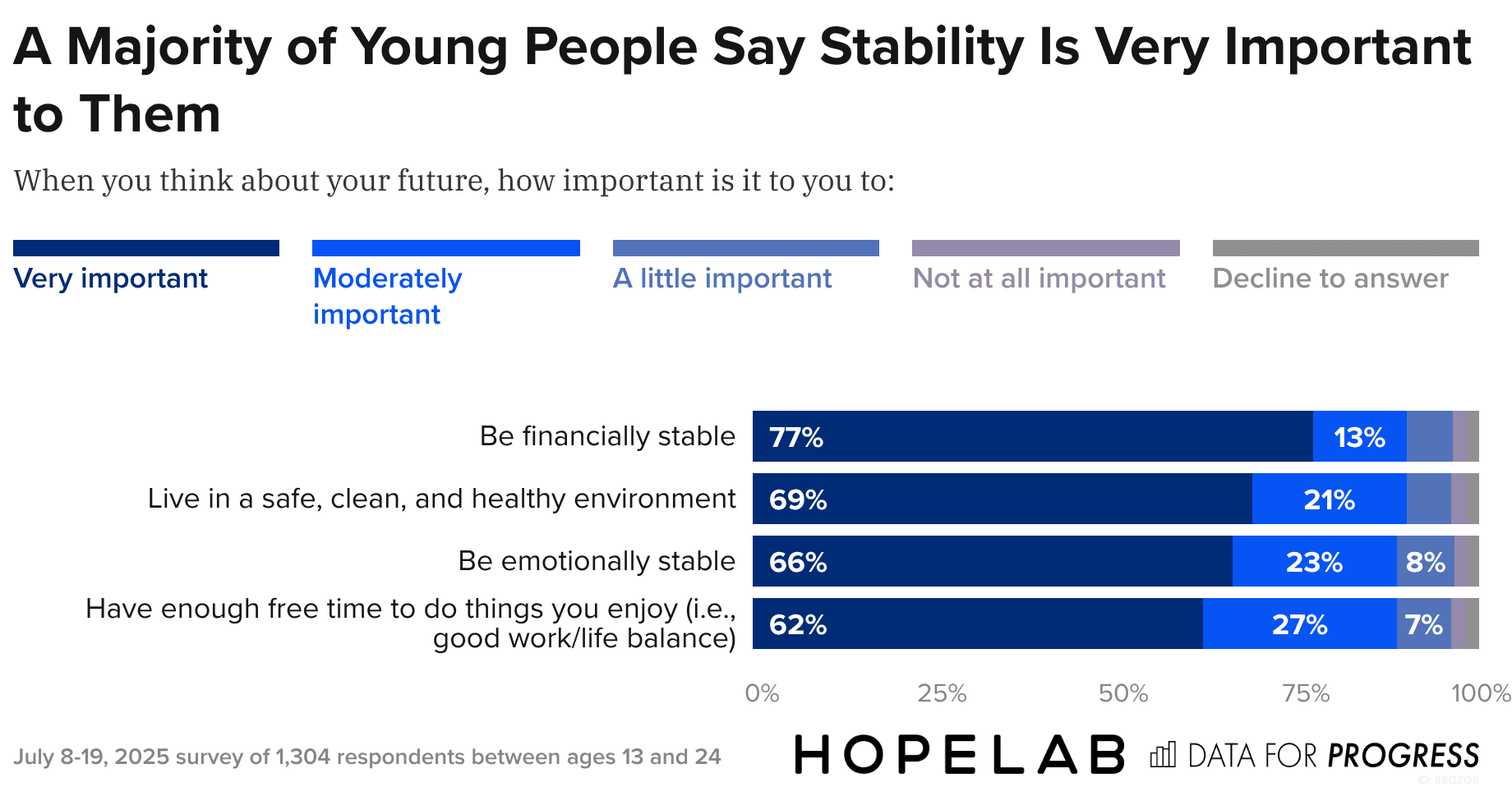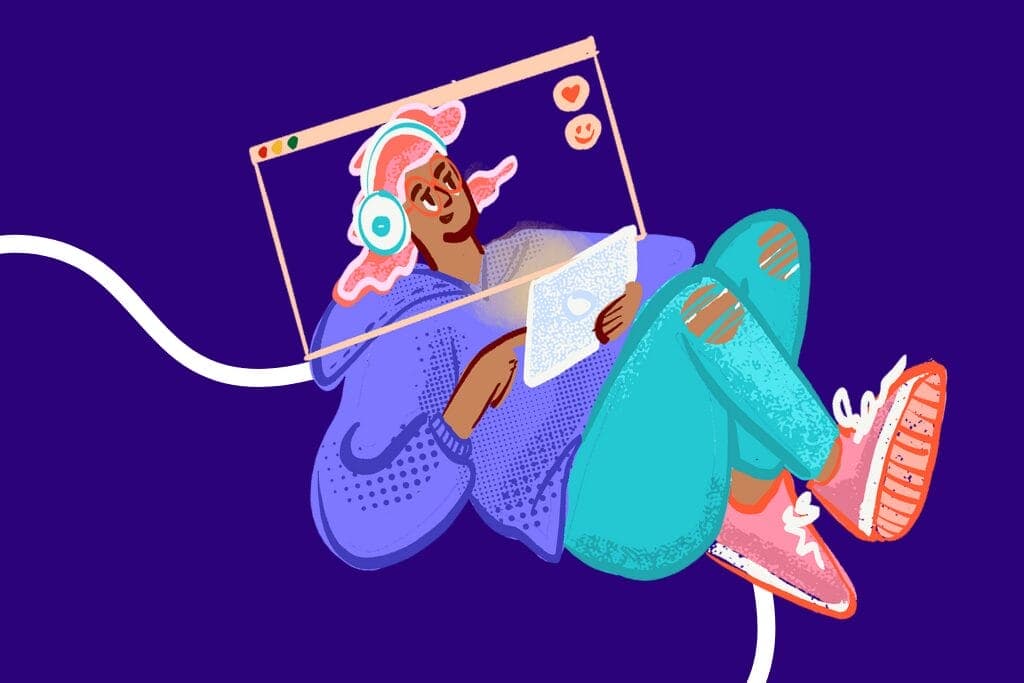The findings underscore that mental health concerns persist — particularly among Queer youth, girls and women, and those facing economic hardship. Young people are calling for a fundamental shift in how older generations approach supporting them. When asked what older generations are missing, one theme emerged above all others: the need for respect and genuine listening to the needs of young people.


